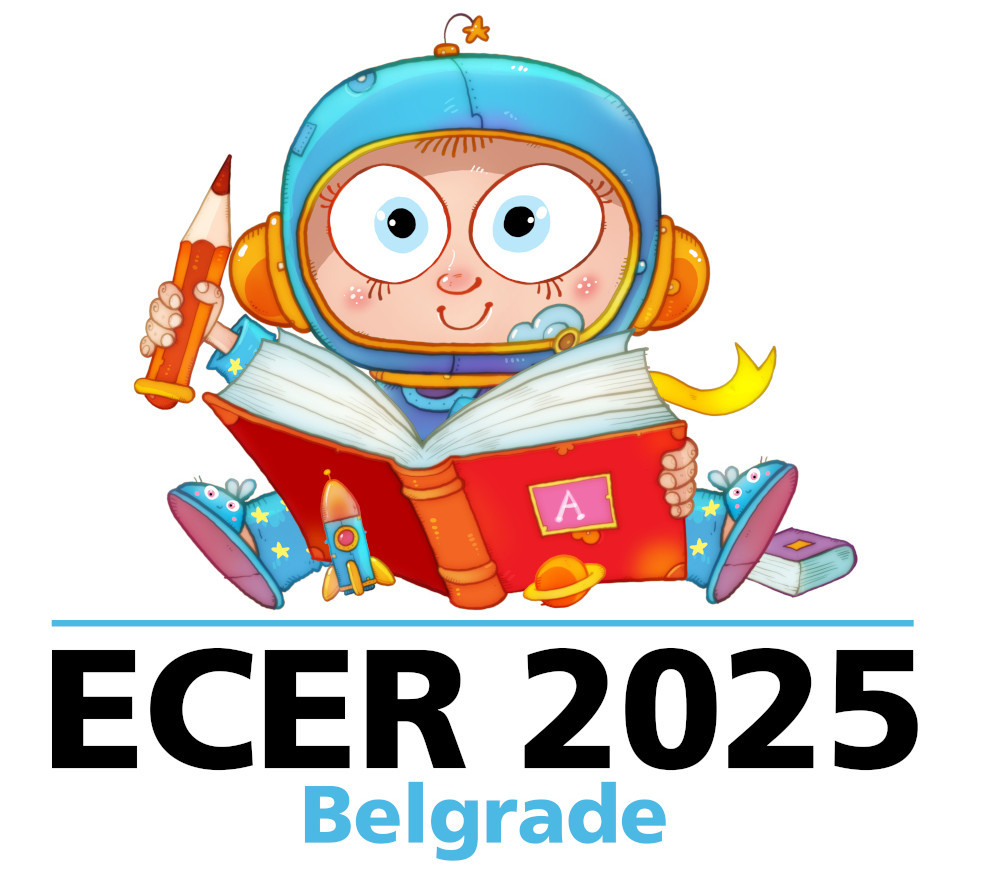The ECER 2025 Theme is 'Charting the Way Forward: Education, Research, Potentials and Perspectives'. However, EERA welcomes contributions from the broad range of educational research.
In addition to the general call, some networks would like to encourage discussion on specific thematic topics and have therefore issued a special call. However, they will remain open for all other submissions within their area.
You will find an overview of all the Network Special Calls below. In order to submit to one of the Special Calls, select the network first and then choose the topic "NW XX Special Call" when you make your submission.

Important Dates ECER 2025
01.12.2024 | Submission starts |
31.01.2025 | Submission ends |
01.04.2025 | Registration starts |
01.04.2025 | Review results announced |
15.05.2025 | Early bird ends |
25.06.2025 | Presentation times announced |
30.06.2025 | Registration Deadline for Presenters |
08.09.2025 | ERC First Day |
09.09.2025 | ECER First Day |
Conference Venue
Main Building (Check-in etc):
University of Belgrade
Faculty of Philology
Studentski trg 3
Belgrade

Ed Research in Serbia
While preapring for ECER 2025, read the Blog Post introducing some specifics of educational research in Serbia.
Towards reconnecting within and beyond the educational research community in Serbia